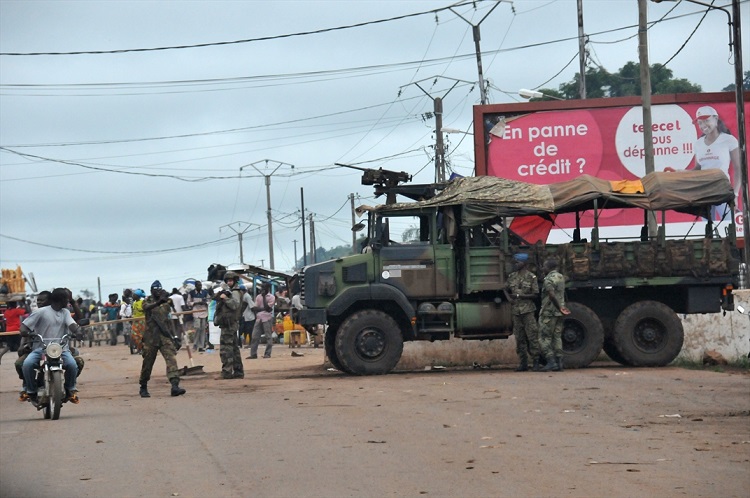
A wave of brutal attacks in the Central African Republic, including the systematic rape and murder of civilians, highlights the urgent need for stronger UN action to protect civilians, says Amnesty International in a new report, published on 8 September.
Amnesty’s in-depth report encompasses attacks on civilians in the eastern prefecture of Basse-Kotto over recent months, including a massacre in the town of Alindao (on 8 May) in which 130 people were killed, though credible sources estimate the toll reached several hundred.
The Alindao bloodbath was attributed to a Séléka off-shoot, the Union for Peace in Central Africa (UPC), a mainly Muslim and Fulani militia, and one of 13 armed groups that signed a peace agreement two months ago. (The recent report by World Watch Monitor showed that the group has continued its killing spree, including massacres in Zemio and Gambo).
The victims were Christian townspeople and villagers, perceived as supporting armed groups that oppose UPC’s rule, points out the report.
Annie, 36, recalled how the assailants captured her and her husband in Alindao on 10 May. “‘We’re going to do something to you Christians that won’t be forgotten for many generations,'” she said the men told them, before one fighter raped her and another fighter raped her husband. “After raping my husband, he shot him in the head,” Annie told Amnesty International.
While some Muslims remain in their homes, and run a small market, the Christian community has largely fled, Amnesty reports. Some 20,000 Christians have taken refuge at ad-hoc displaced persons sites in local churches.
Amnesty also denounced the failure of UN troops to protect civilians. “Although MINUSCA troops have saved many lives in the Central African Republic, their failures risk destroying public confidence in the peacekeeping mission and are putting thousands of people in danger,” said Amnesty’s Joanne Mariner. “Many Central Africans are now expressing increasing cynicism about MINUSCA’s willingness and ability to restore order, and about the mission’s capacity to conform to even a limited civilian protection mandate.”
